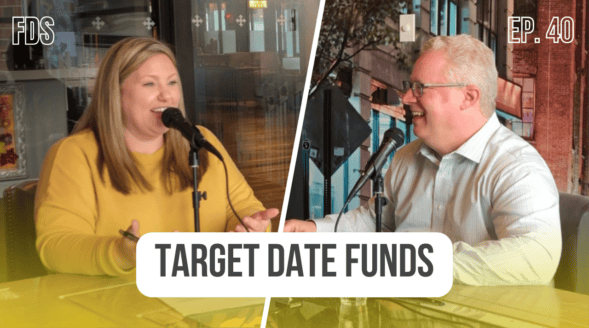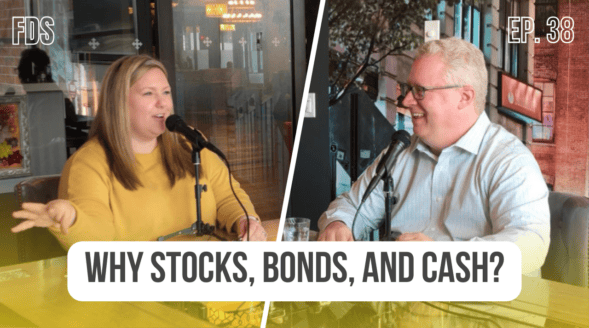How To Talk Basic Investments
by Financial Design Studio, Inc. / February 19, 2018How To Talk Basic Investments
Do you know the types of investments or accounts you own? Very often we hear people talk about how they’re invested and they don’t really know how to “say” it. Let’s clear the confusion for you!
There are a variety of investment vehicles you can invest in. Some of the most common are stocks, mutual funds, exchange traded funds (ETFs), real estate, etc. There are also a wide variety of account types you can contribute money to. You could deposit money into an IRA, Roth IRA, trust, education fund, or other taxable accounts.
Why does it even matter that you understand the type of account you own and generally what you’re invested in?
- If you don’t understand what type of account you own then when you take money out of it you won’t understand if there taxes that will be owed too.
- When you put money into the account you won’t know there is a limit of how much you can deposit each year. (retirement accounts have maximum limits each year)
- You may not understand if there are limitations for how the money can be used. (some accounts are specifically for education expenses)
- You may not understand why you’re account value fluctuates so frequently. (you may need to be invested more conservatively)
People use a variety of ways to explain how they are invested. The important details to know are:
-
What type of account you own
Understanding the type of account will help you to set up a plan for which account you should be adding money to. You will also then know if there is a limit for how much you can add each year and the taxes due when you take money out.
-
What type of investments you own
Understanding whether you own individual stocks, mutual funds, or ETFs can help you to understand the risk associated with them. This way you won’t be surprised if your account balances fluctuate more than you would like. Likewise, getting professional help, can set your accounts so you are comfortable with the account balances you see over time.
You don’t have to become a professional investor but it will serve you well to understand your own accounts and investments. Try to be knowledgeable enough so you are comfortable to explain what you own and the strategy for owning the types of accounts and investments you do.
VIEW NEXT
Ready to take the next step?
Schedule a quick call with our financial advisors.



